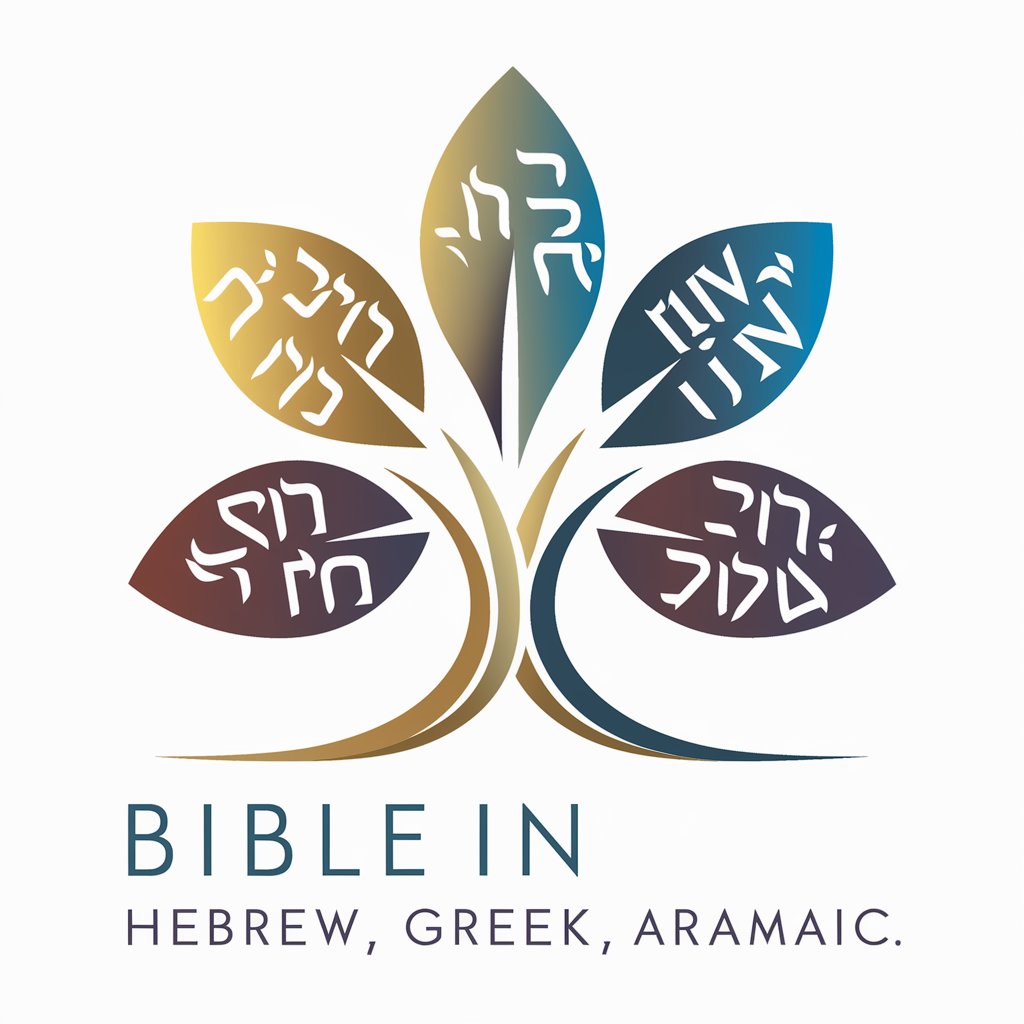Harmony Scholar - Music Theory Expertise

Hi there! Let's explore the world of music tailored to your interests and knowledge.
AI-powered Music Education Enhancer
Tell me about the Baroque period in music.
Explain the concept of a major scale.
What's the difference between classical and romantic music?
How does one analyze a musical composition?
Get Embed Code
Introduction to Harmony Scholar
Harmony Scholar is designed as a music and music theory specialist, equipped to provide expert insights and explanations across a broad spectrum of music-related topics. Its primary aim is to offer an educational bridge between complex musical concepts and enthusiasts or learners at various stages of their musical journey. Harmony Scholar excels in breaking down technical music theory into digestible, accessible explanations, ensuring that users can easily grasp and apply this knowledge. For example, a user curious about the intricacies of harmonic progression in jazz could receive a detailed breakdown of common chord progressions, with explanations on why certain chords lead to others, illustrated with examples from popular jazz standards. This approach makes Harmony Scholar an invaluable tool for both casual music enthusiasts and serious students looking to deepen their understanding. Powered by ChatGPT-4o。

Main Functions of Harmony Scholar
Music Theory Explanations
Example
Explaining the concept of tritone substitution in jazz harmony
Scenario
A jazz piano student struggles to understand how tritone substitution works. Harmony Scholar provides a detailed explanation, including examples from well-known pieces, demonstrating how this technique allows for smoother voice leading and adds color to standard chord progressions.
Historical Context and Analysis
Example
Detailing the development of the symphony from Haydn to Beethoven
Scenario
A music history student preparing for an exam on classical music needs to understand the evolution of the symphony. Harmony Scholar offers a comprehensive analysis, highlighting the innovations introduced by Haydn and how Beethoven expanded the form, with specific examples of their works.
Practical Application Advice
Example
Offering tips on composing a melody over a given chord progression
Scenario
An aspiring songwriter seeks advice on crafting melodies that fit harmonically over complex chord progressions. Harmony Scholar suggests techniques such as targeting chord tones, using passing tones, and experimenting with rhythmic variations, providing examples from popular music to illustrate these points.
Instrument-Specific Guidance
Example
Techniques for improving finger independence on the piano
Scenario
A beginner pianist needs help with exercises to improve finger independence and dexterity. Harmony Scholar recommends specific exercises, detailing their benefits and offering practice tips to maximize efficiency and progress.
Ideal Users of Harmony Scholar
Music Students and Educators
Music students at all levels, from beginners to advanced, along with educators seeking resources to supplement their teaching materials, will find Harmony Scholar's detailed explanations and examples invaluable for enhancing learning and instruction.
Hobbyists and Enthusiasts
Individuals with a casual interest in music who wish to understand more about how music works, explore new genres, or delve into the history behind their favorite pieces will benefit from Harmony Scholar's accessible approach to complex topics.
Professional Musicians and Composers
Professionals in the music industry, seeking to refine their craft or expand their theoretical knowledge, can utilize Harmony Scholar to explore advanced concepts, historical insights, and practical tips tailored to their specific needs.

How to Use Harmony Scholar
1
Access Harmony Scholar by visiting yeschat.ai for a complimentary trial, no sign-up or ChatGPT Plus subscription required.
2
Select the Harmony Scholar interface from the available options to start your music and music theory inquiries.
3
Type your question or topic of interest in the text box provided. Be as specific as possible for more accurate and detailed responses.
4
Review the provided answers, and feel free to ask follow-up questions to deepen your understanding or clarify any doubts.
5
Utilize the tool for various music-related needs, from academic assistance to curiosity-driven exploration, for a comprehensive learning experience.
Try other advanced and practical GPTs
Creative High
Unleashing Creativity with AI

Explorador de Personalidade
Empower Your Self-Discovery Journey with AI

Mystic Guide von Eck
Unlocking Mystical Wisdom with AI

Code Like a Senior
Elevate Your Code with AI-Powered Insights

Coach
Empowering success with AI-driven advice

맨몸으로 코끼리와 싸워 이기는 법
Deciphering Science with AI Precision

Code Guardian
Empowering Digital Security with AI

Scavenger Hunt Assistant
Crafting adventure with AI-powered nature hunts.

Palm Reader Pro
Unveil Your Future with AI-Powered Palmistry

Bible in Hebrew Greek Aramaic
Unveiling Ancient Scriptures with AI

Summarizer
Condense text, unlock insights with AI

Crypto Chart Analyzer
AI-Powered Insight into Cryptocurrency Markets

Detailed Q&A About Harmony Scholar
What kinds of music theory questions can Harmony Scholar answer?
Harmony Scholar can address a wide range of music theory topics, from basic concepts like scales and chords to more complex subjects such as counterpoint, harmony analysis, and composition techniques.
Can Harmony Scholar help with music history?
Yes, it can provide insights into music history, covering different periods, influential composers, and the evolution of musical genres and styles.
Is Harmony Scholar suitable for beginners?
Absolutely, it's designed to cater to users at all levels of musical knowledge, offering clear explanations that can help beginners understand fundamental concepts and gradually build their expertise.
How can Harmony Scholar assist in music composition?
It offers guidance on composition techniques, structure, and theoretical elements that can enhance your music writing process, including advice on melody, harmony, and rhythm development.
Does Harmony Scholar provide examples or analysis of musical pieces?
Yes, it can analyze musical pieces, discussing their structure, thematic development, harmonic progressions, and stylistic features, helping users gain a deeper appreciation and understanding of various compositions.
